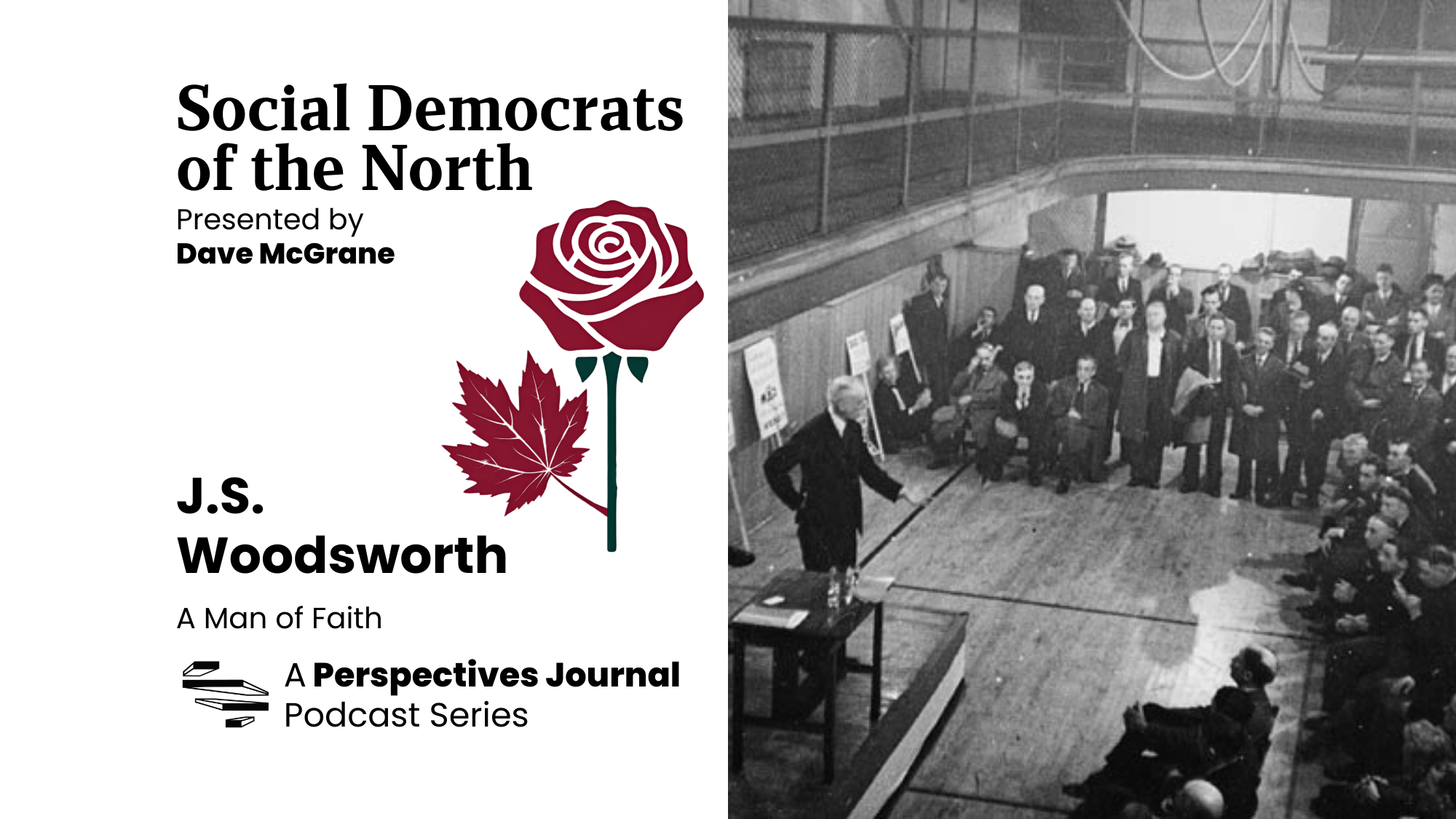Of late, many mainstream Canadian media pundits have sided with centrist Democrats in the United States to argue that a left-wing Democratic nominee would lead to the re-election of President Donald Trump. For example, Konrad Yakabuski wrote in the Globe and Mail on August 2 that “their (Bernie Sanders and Elizabeth Warren) hate-on for private enterprise has cut them off from the mainstream United States. Instead, they seem to have embarked on a kind of space odyssey 2020.”
Lots of Democratic strategists in the United States agree with the speaker of the House of Representatives Nancy Pelosi that only a centrist Democratic Presidential nominee could win the relatively affluent middle-class suburban areas which flipped from the Republicans to give the Democrats a majority in the House in the 2018 mid term elections.
The problem with this narrative that elections are won by appealing to the mushy centre is that it fails to come to grips with the electoral appeal of Donald Trump and other right-wing populists such as Brexit supporters in the United Kingdom, and right nationalist and even quasi fascist parties in much of continental Europe. These parties have won over a significant part of the historic electoral basis of social democratic parties among white working-class voters, and continue to pose a real threat to liberal democracy, let alone the progressive left.
As widely noted, Trump in 2016 won enough former Democratic Party voters as well as previous non voters in working-class communities in the rust belt to win the election, adding them to the traditional affluent Republican base. More than two-thirds of white voters who do not have a college degree voted for Trump. In the United Kingdom, Brexit won in many depressed working-class constituencies held by Labour Members of Parliament. The same shift of working-class voters from the left to the nationalist right has taken place in France and Italy, where the traditional left has more or less collapsed.
Right-wing populism is a complex phenomenon which varies a lot by country. But most analysts agree that it is deeply rooted in material circumstances: rising economic inequality to often obscene levels, the stagnation of middle and lower class incomes both before and after the global economic crisis, increased low wage and precarious employment, rising economic insecurity and, in much of Europe, continued very high unemployment. Many working-class voters feel, with good reason, that the system is rigged against them, and that centrist politicians have done nothing to help them weather tough economic times.
In the United States, Trump has promised to create more and better jobs for ordinary Americans by fighting a trade war with China, and by making “America First” the lynchpin of his economic agenda. In Britain and in much of Europe it is claimed that leaving the European Union, very much run by liberal elites, will make good economic sense. These economic nationalist policies may be chimeras, denounced by the experts, but at least they offer the chance of change. They intersect with strong opposition to immigration, which is falsely blamed for the plight of the white working class, especially when good jobs are hard to find.
In a broader cultural sense, right-wing populism thrives on the perception that liberal politics as usual presents no real choices and no real alternatives, only continued rule by elites who do not care about and indeed scorn the uneducated. Hillary Clinton famously deplored the crudities of “the deplorables”, and the Democratic Party is very much the party of the affluent middle-class, the cultural elites and the highly educated, and of thriving metropolises as opposed to struggling communities. In the context of the shrinkage of the unions to near extinction, the Democratic Party has lost its once important linkages to working-class voters and communities.
Centrist parties offer very little in terms of a new economic and social agenda. Indeed they generally embraced the mantra of globalization and so-called free trade, tax cuts for business, privatization of public services and cuts to social welfare programs. Bill Clinton and Tony Blair and, yes, Barack Obama had close links to financial and corporate elites and were not exercised about growing inequality. Margaret Thatcher proudly claimed that her greatest victory was the conversion of New Labour to the view that “there is no alternative” to market liberalism.
As Sheri Berman has argued, right-wing populism is deeply rooted in the failure of social democracy to provide an optimistic and compelling vision of what the future might hold. “Social democracy was the most idealistic, optimistic ideology of the modern era. In contrast to liberals who believed “rule by the masses” would lead to the end of private property, tyranny of the majority and other horrors and thus favored limiting the reach of democratic politics…. social democrats insisted on democracy’s immense transformative and progressive power: it could maximize capitalism’s upsides, minimize its downsides and create more prosperous and just societies.”
From this perspective, embracing discredited liberal centrist politics is the worst possible way to fight right-wing populism. Far better, argue US political voices like Robert Kuttner, Robert Frank, Jacobin magazine and the newly invigorated Democratic Socialists of America, to combat right-wing populism not just by identifying the enemy in class terms, but to identify the enemy correctly as the top 0.1% of the billionaire class who have pocketed almost all of the gains of economic expansion and wield the levers of political power in their own interests. Far better to speak to the need to rebuild a mass labour movement, including both white and racialized workers who have far more in common than what divides them. Far better to put forward a strong social democratic agenda to increase security and rebuild equality through vital public programs like health care and education, paid for from fair tax reforms, and tough labour standards.
The same broad principles apply in Canada. The populist right, which is growing in influence, similarly feeds off the growth in inequality and insecurity and the lack of an attractive and compelling vision of our collective future.
The newly elected Conservatives in Ontario under Doug Ford and in Alberta under Jason Kenney as well as Conservative governments in Manitoba and Saskatchewan have explicitly sought to attract blue collar working-class votes by claiming that so-called liberal elites are against creating new jobs through further resource development – a narrative that falsely conflates jobs with new pipelines, ignores the massive potential for more jobs in alternative energy development and the potential new green economy as well as policies for just transition, and casually dismisses the existential threat of catastrophic climate change.
They have used a modest influx of refugees crossing the border with the United States to dog whistle their intolerance towards new immigrants. They are hostile to any and all tax increases in the name of easing the burden on a squeezed middle-class, but ignore the link between taxes and essential public services and the revenues lost to tax loopholes for the very affluent. These populist issues are likely to be stressed by Andrew Scheer in the coming federal election, threatening a major shift to the right.
The best antidote to right-wing populism is not centrist liberal policies which make little difference in people’s lives, but a bold and self-confident social democratic party which embraces the need to seriously deal with climate change, precarious jobs and rising inequality.





